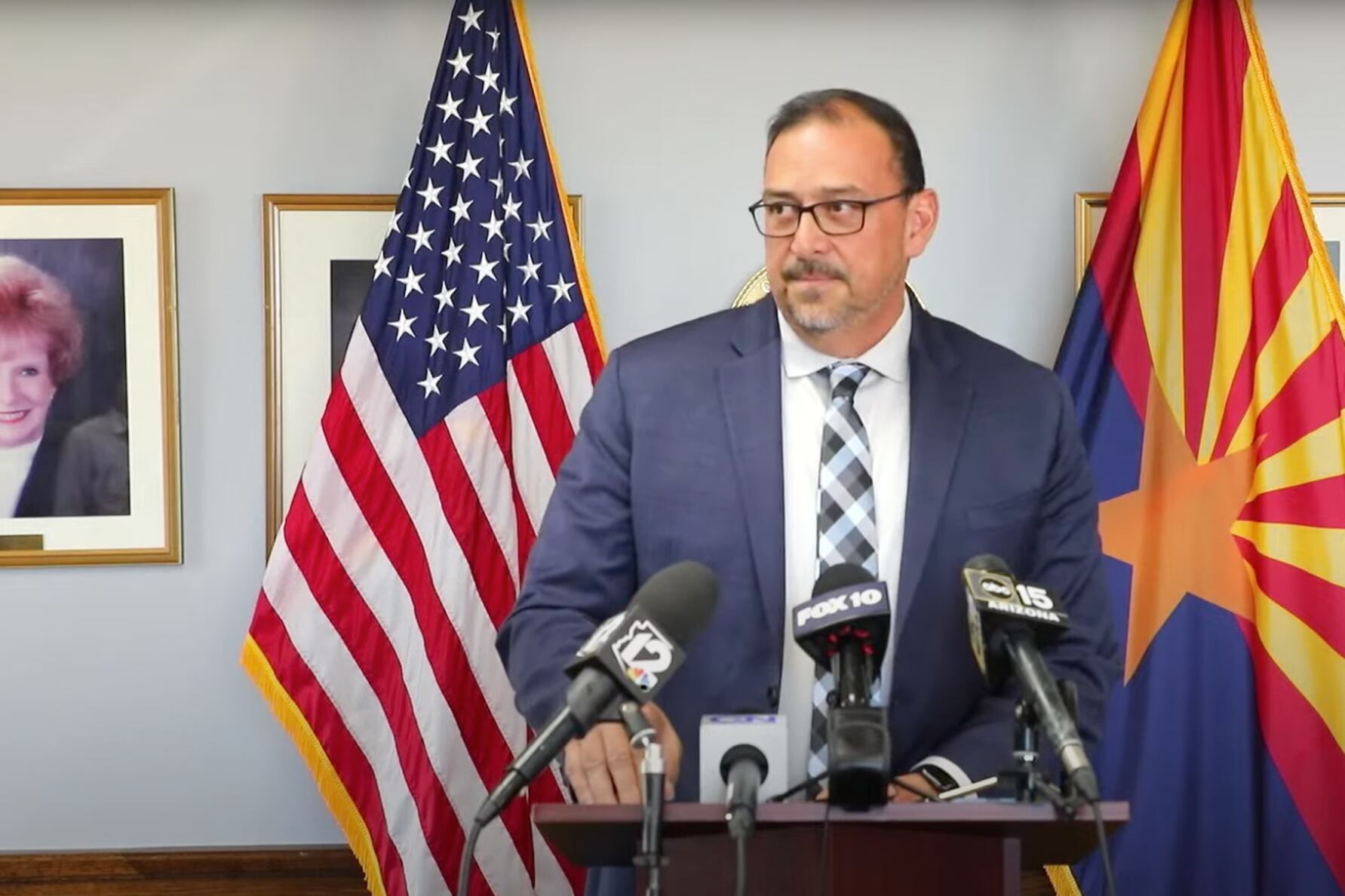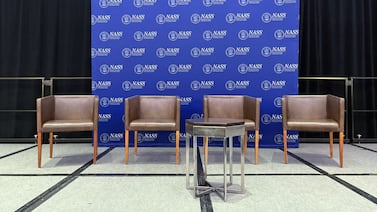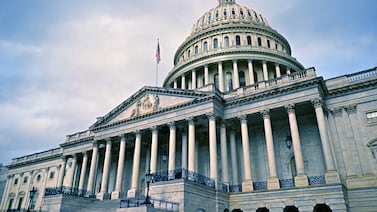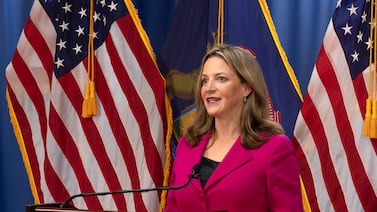Votebeat is a nonprofit news organization reporting on voting access and election administration across the U.S. Sign up for Votebeat Arizona’s free newsletter here.
What happened?
A panel of judges from the 9th U.S. Circuit Court of Appeals ruled that Arizona Secretary of State Adrian Fontes’ rules restricting activity around polling places cannot be enforced.
The judges let stand another rule related to what happens if counties don’t certify their election results.
The ruling will shape Arizona’s next Election Procedures Manual, which instructs election officials on how to comply with state election laws. While Fontes already released a new draft manual for the 2026 elections, he will be revising the rules until they are approved by the attorney general and governor by the end of this year.
Who are the plaintiffs and what were they seeking?
Conservative organizations America First Policy Institute, American Encore, and a voter sued Fontes in July 2024, asking for the court to block the rules.
What’s the dispute?
AFPI and American Encore were just a few of several Republican or Republican-allied groups that sued Fontes in 2024 saying that he had exceeded his authority when making rules on voter intimidation, canvassing, and other topics.
Fontes’ rule on voter intimidation banned any activity around polling places “by a person with the intent or effect of threatening, harassing, intimidating, or coercing voters (or conspiring with others to do so) inside or outside the 75-foot limit at a voting location is prohibited.” By contrast, state law against intimidating voters says it applies to a person doing so “knowingly,” and limits activity only within the 75-foot-radius.
The judges on Tuesday wrote that Fontes’ rules were so broad they “could conceivably reach any speech related to elections and politics.”
Under the rules as written, they wrote, “Poll workers may call the police or remove individuals from voting centers based on the Speech Provision alone.”
On election certification, Fontes’ manual stated that if a county didn’t provide its official canvass of results to the secretary by the state’s deadline to certify the election, the secretary must finalize the state results without including the votes of that county. Courts have found that counties have a nondiscretionary duty to certify their results on a timeline set out in state law.
The conservative groups argued that, by law, the secretary should first take other steps to get the county’s results, such as seeking a judge’s order. Not counting the results would disenfranchise the voters, they said.
The judges said Tuesday that the threat of disenfranchisement was too hypothetical for the plaintiffs to have had standing to bring the case.
The conservative organizations had pointed out to the court that during the 2022 election, Cochise County supervisors voted to delay the certification of results beyond the county’s legal deadline. The judges said that wasn’t enough to prove that it would happen again.
Cochise County supervisors have said in recent months that the law on their non-discretionary duty to certify results is not clear, and they want to challenge it in court.
What happens now?
Fontes’ office did not respond to a request for comment on the ruling. It’s unclear whether his office will appeal the decision.
Read more Votebeat coverage of the battle over Arizona’s election rules:
- Battle over Arizona’s election manual expands to citizenship checks, early voting, handcounts
- Arizona’s secretary of state changes election manual in response to Republican challenges
- Arizona appeals court ruling puts instructions for this year’s elections in doubt
- Court blocks enforcement of Arizona’s voter intimidation rules, just before election
- Judge blocks new Arizona election rules, including on certifying results
Jen Fifield is a reporter for Votebeat based in Arizona. Contact Jen at jfifield@votebeat.org.





